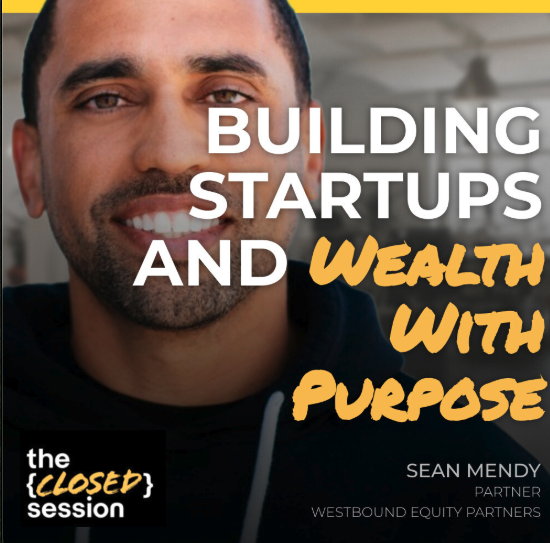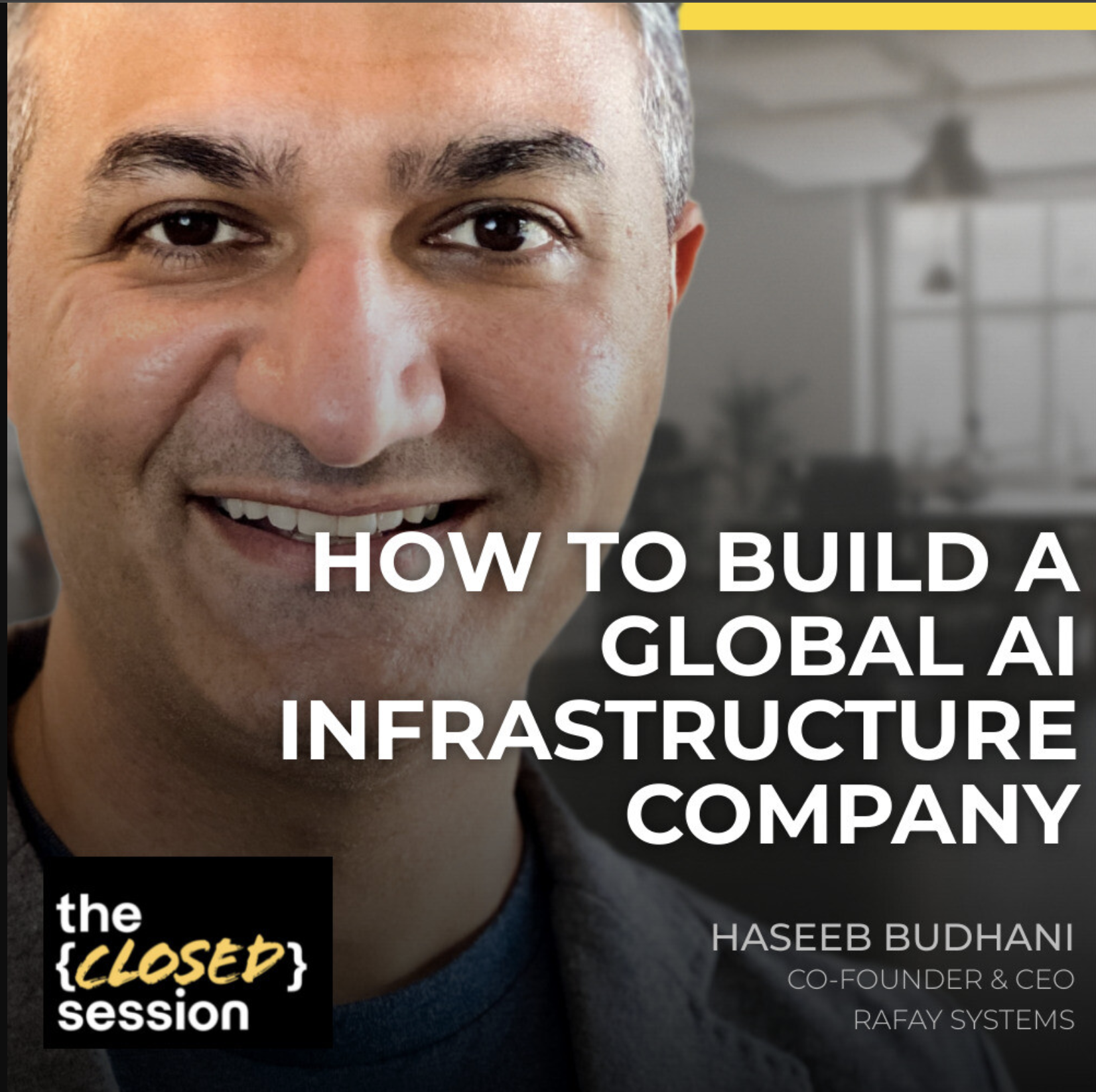.jpeg)
Alysa Hutnik, Chief Privacy and Data Security Architect @ Ketch
The {closed} session - Season 4, Episode 2
Guest, Ayssa Hutnik, Chief Privacy and Data Security Architect at Ketch.
LinkedIn: https://www.linkedin.com/in/alysahutnik
Ketch: https://www.linkedin.com/company/ketchdigital/, TW: https://twitter.com/Ketch_Digital
Tech, startups & the big picture
Subscribe for sharp takes on innovation, markets, and the forces shaping our future.
PODCASTS
More Episodes
Explore additional conversations with entrepreneurs, investors, and leaders shaping the future of tech and business.




